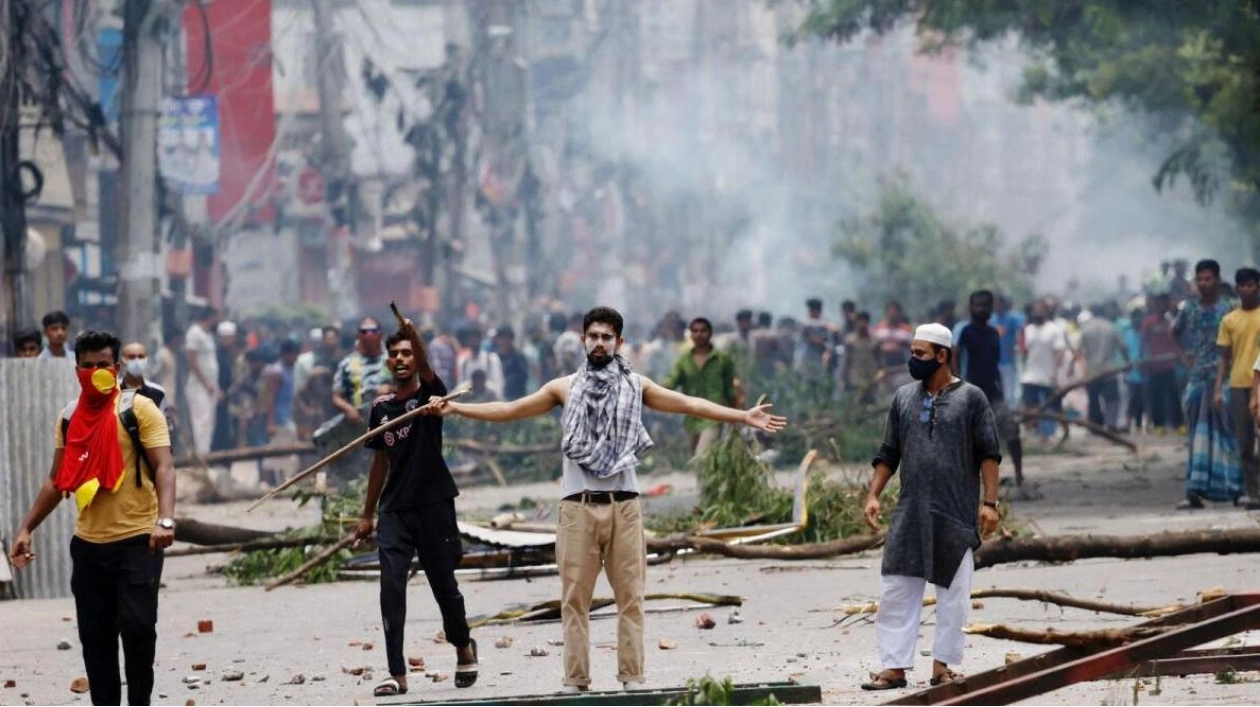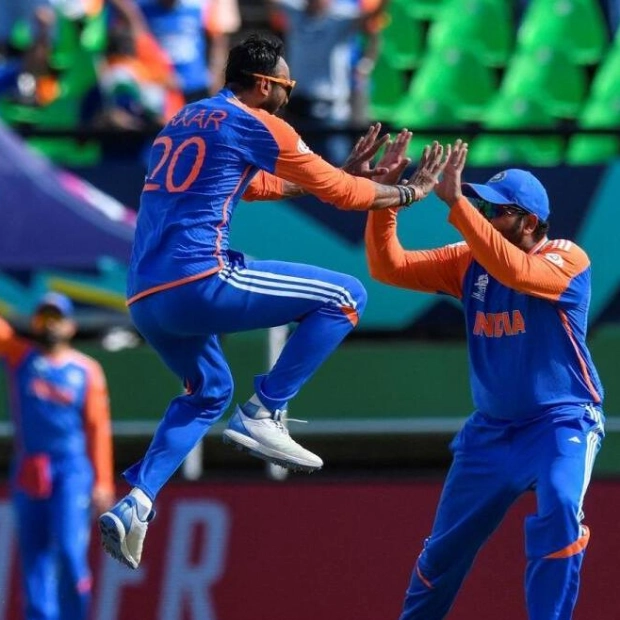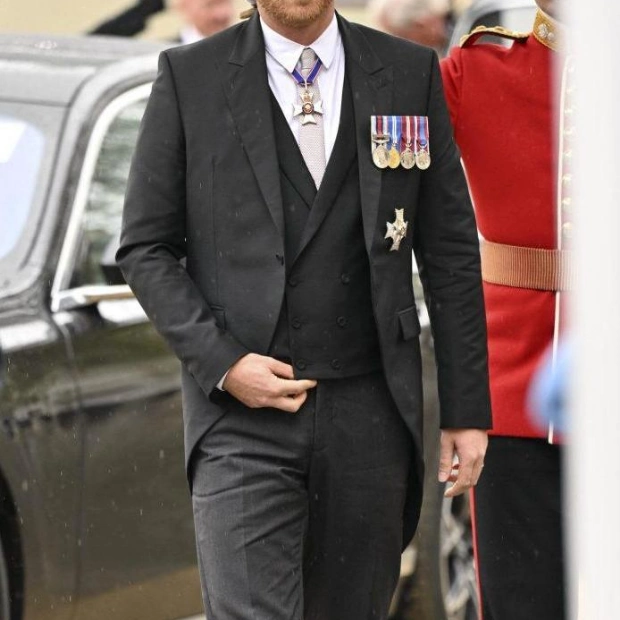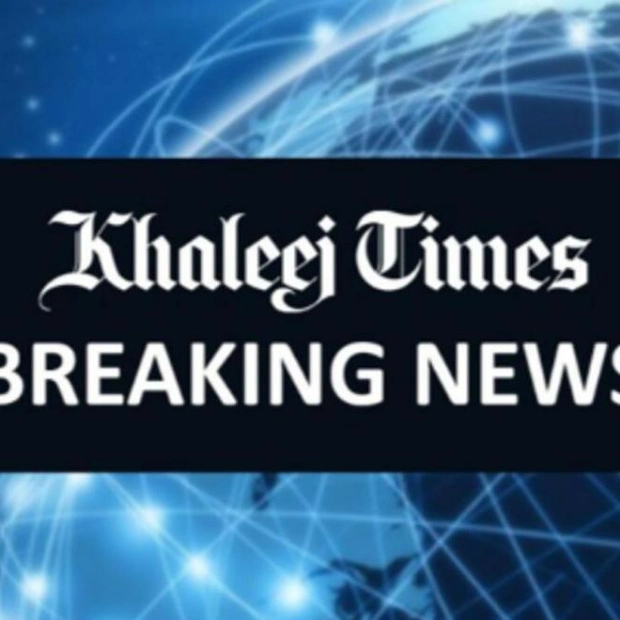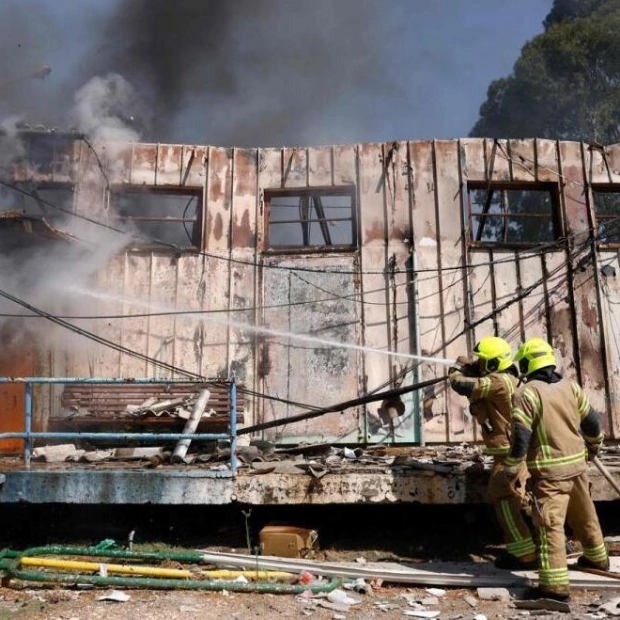Bangladesh declared a curfew and mobilized military forces on Friday, following the failure of police to suppress days of fatal unrest that have engulfed the nation. This week's confrontations between student protesters and law enforcement have resulted in at least 105 fatalities, as reported by hospitals to AFP, presenting a significant challenge to Prime Minister Sheikh Hasina's autocratic regime, now in its 15th year.
"The government has decided to impose a curfew and deploy the military in aid of the civilian authorities," stated Nayeemul Islam Khan, press secretary to Hasina, in an interview with AFP. The curfew was implemented immediately. Earlier, the police in Dhaka took the unprecedented step of banning all public assemblies for the day to prevent further violence.
"We've banned all rallies, processions, and public gatherings in Dhaka today," said police chief Habibur Rahman, emphasizing the necessity for this action to ensure public safety. Despite these measures, fresh clashes erupted between police and demonstrators in the city, despite an internet blackout intended to hinder rally coordination.
"Our protest will continue," asserted Sarwar Tushar, a protester injured in a march violently broken up by police. "We demand the immediate resignation of Sheikh Hasina. The government is responsible for the killings." In a separate incident, student protesters in Narsingdi freed inmates from a jail and set it ablaze.
At least 52 deaths were recorded in Dhaka on Friday, according to the Dhaka Medical College Hospital. Over half of the deaths this week were attributed to police gunfire, based on accounts from hospital staff. UN human rights chief Volker Turk condemned the attacks on student protesters as "shocking and unacceptable," calling for thorough, prompt, and impartial investigations.
The police reported that protesters had burned, vandalized, and destroyed numerous police and government offices on Thursday, including the headquarters of state broadcaster Bangladesh Television, which remains offline after being stormed by students. Dhaka Metropolitan Police arrested Ruhul Kabir Rizvi Ahmed, a key leader of the opposition Bangladesh Nationalist Party.
Protests have been ongoing, demanding the abolition of a quota system that reserves over half of civil service positions for specific groups. Critics argue that this system favors children of pro-government factions. Hasina's government, accused of using state institutions to consolidate power and suppress dissent, has ordered indefinite closures of schools and universities to manage the escalating law and order crisis.
"This is an eruption of the simmering discontent of a youth population built over years," explained Ali Riaz, a politics professor at Illinois State University. Students remain resolute in their protests, despite Hasina's recent national address attempting to quell the unrest. Nearly half of Bangladesh's districts experienced clashes on Thursday, according to Independent Television. NetBlocks, a London-based watchdog, reported that a nationwide internet shutdown was still in effect, with connectivity at 10% of normal levels, raising concerns about public safety due to limited information flow.
